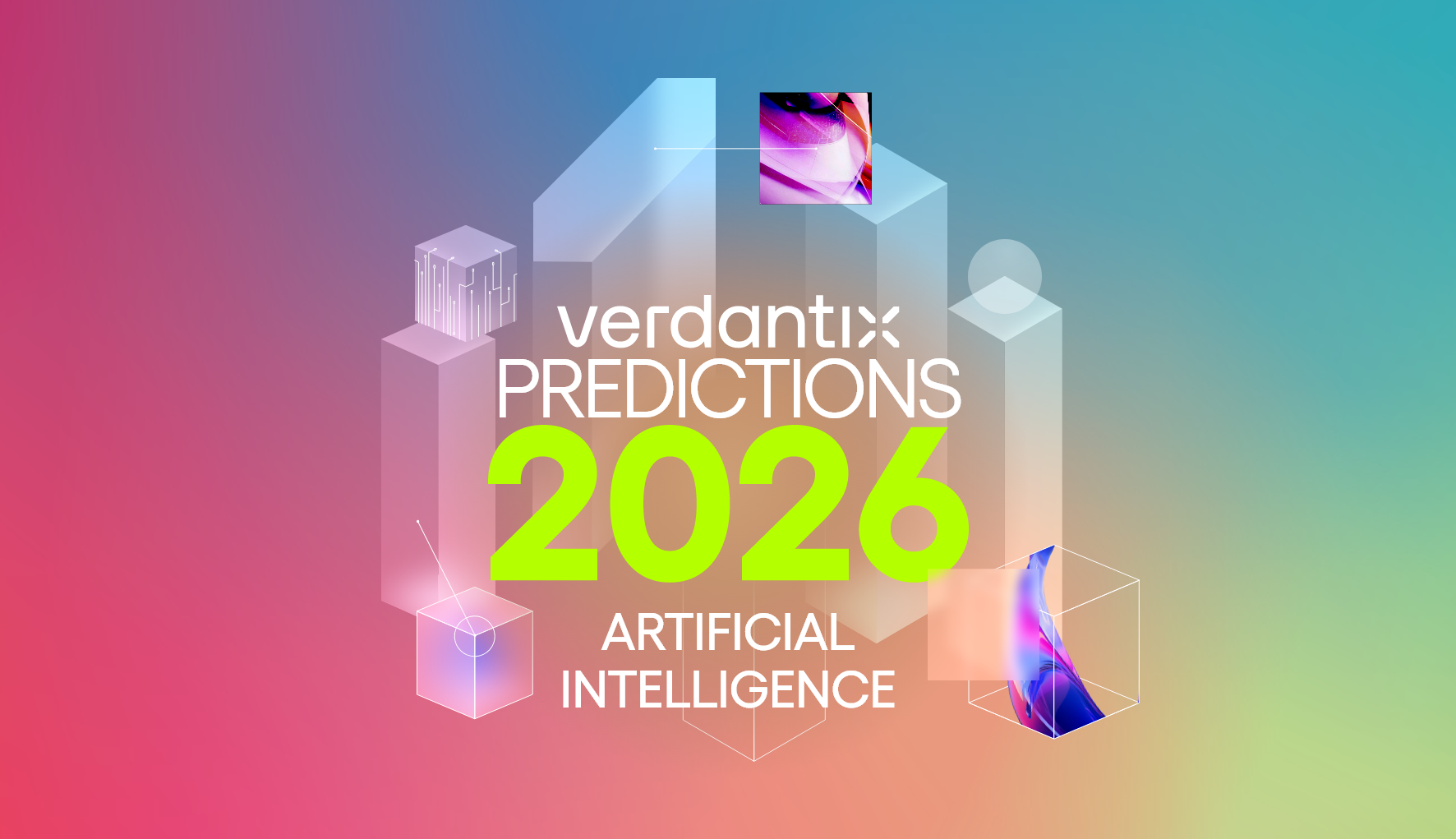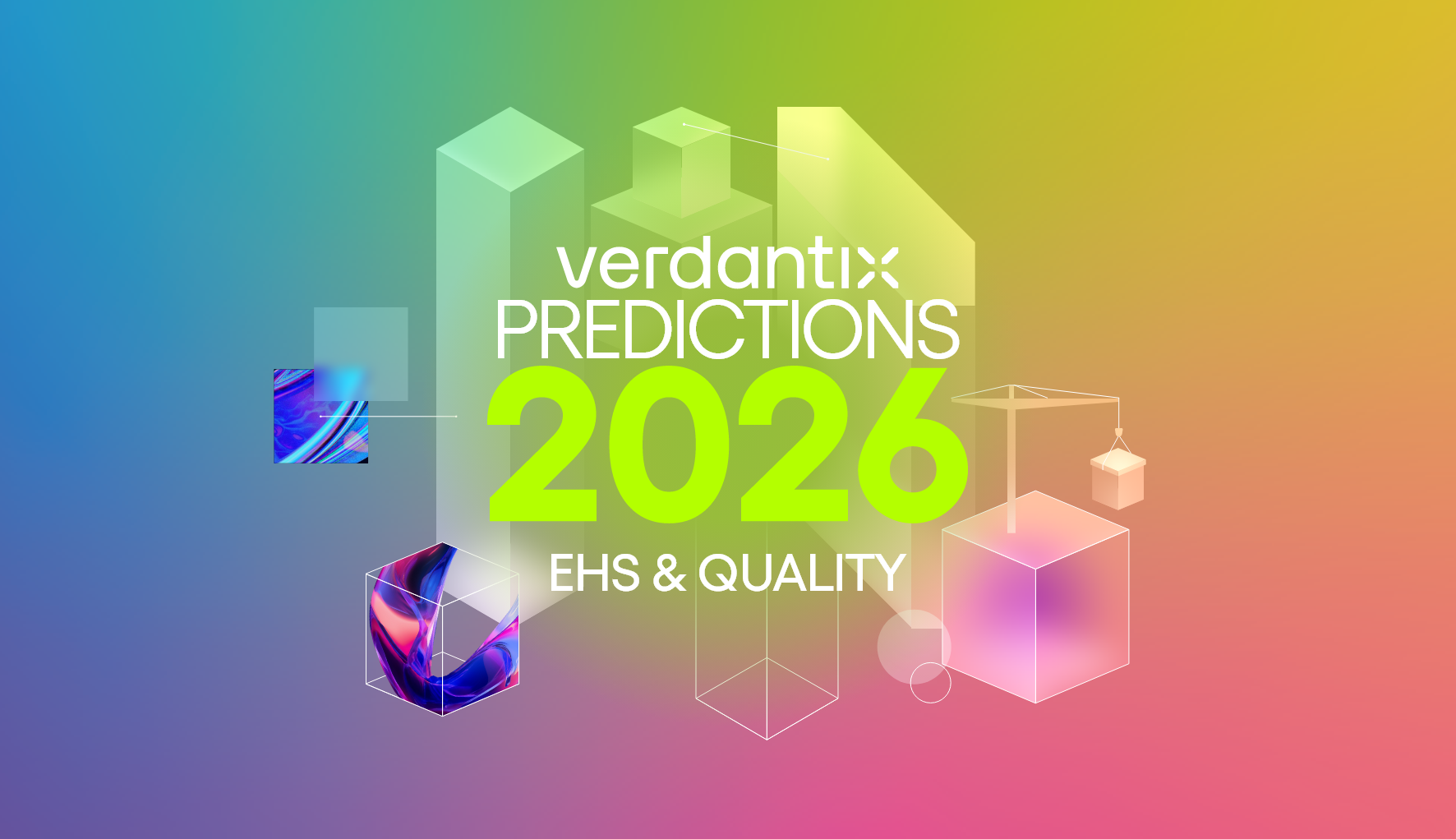Meta AI Releases Llama 2, An Even Better Large Language Model For Industrial Use Cases

Joe Lamming
The frenzied worry surrounding generative AI has died down a little since our blog on the call for a 6-month pause in training AI systems more powerful than OpenAI’s GPT-4 in April. Back then, the global tech, industrial and business communities were momentarily fixated on the threat posed by an artificial general intelligence arms race: that, in the letter’s words, “nonhuman minds” “might eventually outnumber, outsmart, obsolete and replace us”. Our assertion in the blog post was that the “Large Language Model Meta AI” (LLaMA), released to the academic community in February, had already been leaked to millions of enthusiasts around the world to modify to their heart’s content, far out of sight of regulators – meaning this arms race was already underway.
In the nearly four months since, the plot from War Games has failed to materialize. Instead, AutoGPT popularized the idea of using powerful LLMs as self-guided reasoning engines with access to external tools such as a software development console, web search and long-term memory, while firms like C3 AI, Cognite and Palantir launched and expanded upon the capabilities of chatbot-style interfaces to greatly enhance access to powerful DataOps platforms for non-programming users.
Many of these tools, however, rely upon proprietary language models accessible only via API, such as GPT-3.5-Turbo and GPT-4. This requires firms to trust public cloud services operated by OpenAI or Microsoft with potentially sensitive data, which is sent in text prompts and monitored to prevent abuse. While customers can request monitoring exemption, this is entirely at Microsoft’s discretion.
In the midst of this, on July 18th, Meta AI released the second generation of its powerful language model, simply named Llama 2. This time, however, its release is less restrictive, offering clear allowances for commercial use. But, most importantly, out of the six models released, three of them are tuned for assistant-like “chat” applications by Meta AI using a refined version of reinforcement learning from human feedback (RLHF) popularized by OpenAI’s ChatGPT in November 2022. The largest of their conversational models, Llama-2-70b-chat, is presented in their paper as performing on par with the immensely popular, but proprietary, pay-per-token OpenAI model GPT-3.5-Turbo.
The recently published Verdantix report exploring 10 applications of large language models for industry highlights the critical role LLM-based agents will play in an increasingly autonomous future. Such agents rely on these models’ ability to reliably follow instructions and generate syntactically correct code to access external software tools. Llama 2 follows such instructions more reliably than open source community-developed derivations of Llama 1, such as Vicuna and WizardLM, while offering developers native 4,096-token context – twice that of Llama 1, and extensible to 16k and above through clever architectural modifications.
For industrial technology providers, Llama 2 finally presents a viable alternative to GPT-3.5-Turbo in terms of capability, while offering unrestricted access to fine-tune, modify and deploy on premise or within embedded systems on industrial assets equipped with the necessary GPU compute. Cloud-first software developers can still leverage the benefits of managed compute, with Meta partnering with Microsoft to offer Llama 2 customization and orchestration within industrial and enterprise information systems natively within the Azure ecosystem.
Just 12 months ago, who would have considered Meta CEO Mark Zuckerberg a saviour in the controversial world of US-centric Big Tech? With Llama, alongside a proposed cage match between him and Elon Musk, he is regaining respect – or, at least, relevance – in not just the AI community, but beyond. Let’s see how long it lasts.
Check out our latest reports: Market Insight: Ten Applications Of Large Language Models For Industry, Market Overview: Industrial AI Analytics Solutions and Market Insight: Understanding The Rapidly Evolving Landscape Of Generative AI.
About The Author

Joe Lamming
Senior Analyst




